All the law changes in Australia from January
From January 1, there are a raft of changes coming to welfare, health, education and housing. See how they will affect you and your household in 2024.
National
Don't miss out on the headlines from National. Followed categories will be added to My News.
Australians will start the New Year with a mixed bag of fee hikes and bonuses come January 1 amid a cost-of-living crisis and rising inflation.
Here is a breakdown of what new laws, guidelines and Centrelink increases are coming and what it means for your household:
INCREASE IN PASSPORT FEES
The cost of an ordinary 10-year passport for persons aged 16 and over will be indexed to the consumer price index (CPI) on New Year’s Day and increase from $325 to $346.
A further one-off passport fee hike on July 1, 2024 will increase the price again by 15 per cent from $346 to $398.
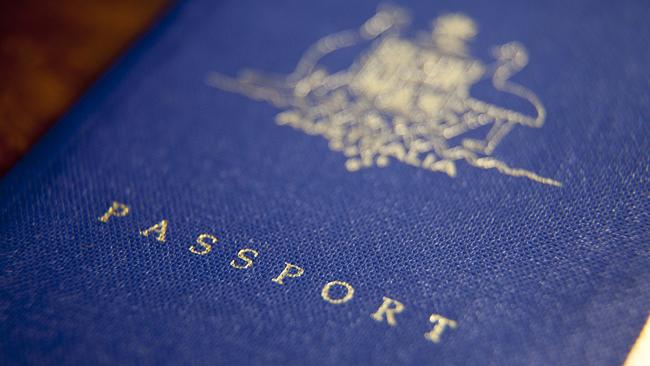
CENTRELINK PAYMENTS WILL INCREASE
More than 936,000 Australians receiving youth, student or carer support will see a 6.0 per cent boost to their payments as indexation takes effect from January 1.
Young job seekers and students will see their Youth Allowance payments increase between $22.40 and $45.60 a fortnight, and those receiving Austudy will get an increase of between $36.20 and $45.60 a fortnight.
Under 21-year-olds on the Disability Support Pension will receive payment increases of $31.10 to $44.90 a fortnight, and more than 600,000 carers will receive additional financial support as the Carer Allowance increases to $153.50 a fortnight.
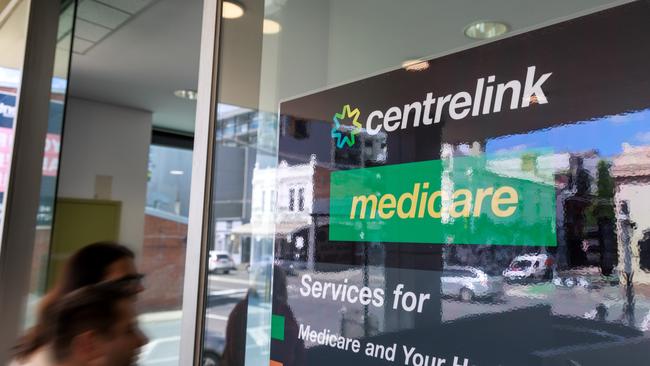
WORKING PENSIONERS
In a bid to get elderly people back to work, pensioners will now receive a one-off bank boost of $4000 for taking up employment.
They can now earn $11,800 before their government pension is affected, up from the previous $7800.
DISPOSBALE VAPE BAN
The importation of disposable vapes will be illegal from January 1, as the first stage of Australia’s vaping reforms begin.
Therapeutic vapes will remain available to patients with a prescription dispensed through pharmacies. The importation of all other vapes, irrespective of nicotine content or therapeutic claims, will be banned from March 1, 2024
From that time, importers will need to hold licences and permits from the Office of Drug Control (ODC) to lawfully import vapes, while the personal importation scheme for therapeutic vapes will also cease to operate.

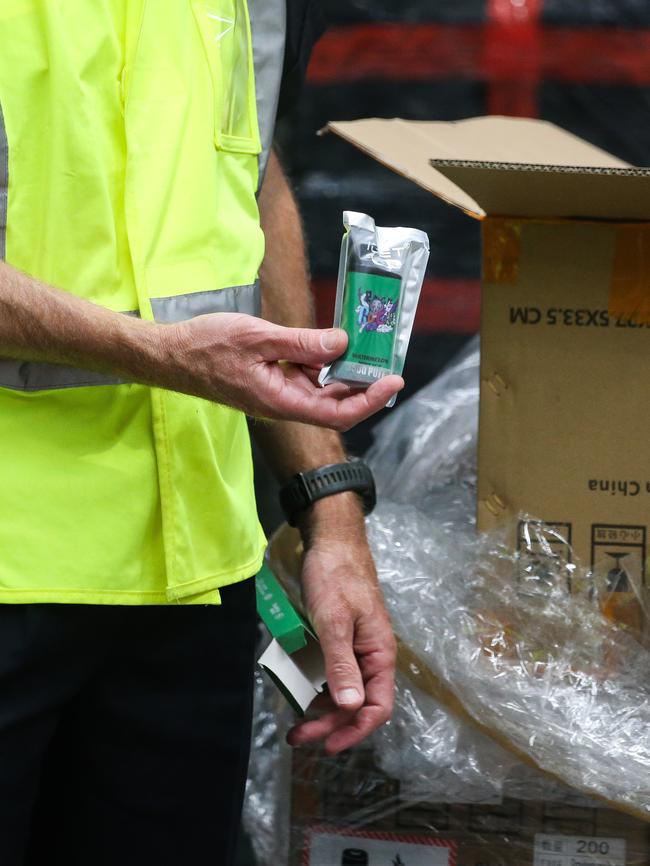
ATO
The Deductible Gift Recipient (DGR) Registers Reform comes into effect, transferring administrative responsibility of four unique DGR categories to the Australian Taxation Office.
The ATO will now be responsible for assessing eligibility for DGR endorsement of cultural organisations, environmental organisations, harm prevention charities, and developing country relief funds and organisations (previously know as overseas aid funds).
MEDICARE AND PBS CHANGES
People trying to quit smoking will no longer have access to six face-to-face counselling services, six video conference services and six telephone services. The 18 items introduced temporarily on July 21, 2021 are coming to an end.
The Medicare Safety Net, which aims to lower out-of-pocket costs for out-of-hospital services, will have its threshold increased. The Original Medicare Safety Net (OMSN) for concessional and non-concessional families and individuals will jump from $531.70 to $560.40. This means when a patient hits that amount in a calendar year, they will get a higher amount back.
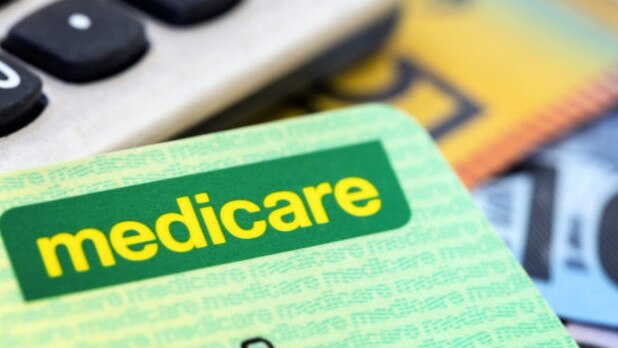
Meanwhile the Extended Medicare Safety Net (EMSN) amount will increase from $770.30 to $811.30 for concessional individuals and families, and from $2424 to $2544.30 for non-concession cardholders and families who do not receive Family Tax Benefit (Part A).
On January 1, indexation of the Pharmaceutical Benefits Scheme (PBS) new general co-payment amount will recommence after it was introduced a year ago.
General patients will now pay $1.60 more per script when the amount rises from $30 to $31.60, and the price for concessional patients will increase from $7.30 to $7.70.
The Safety Net threshold will jump by $84.40 for general patients and $14.40 for concession holders.
ENERGY
Origin Energy and AGL have confirmed gas and electricity prices will remain unchanged. Meanwhile EnergyAustralia said it was “too early” to announce whether its prices would rise this year.
In Victoria, households will be eligible for rebates of up to $150 each for electric induction cooktops, as the state government tries to end consumer gas use. Those households that go all-electric – a move that can be delivered at no extra cost – could save $1700. Households with solar installed could also be $2200 better off.
New dwellings built in Victoria from January 1 will be also be banned from connecting to natural gas.
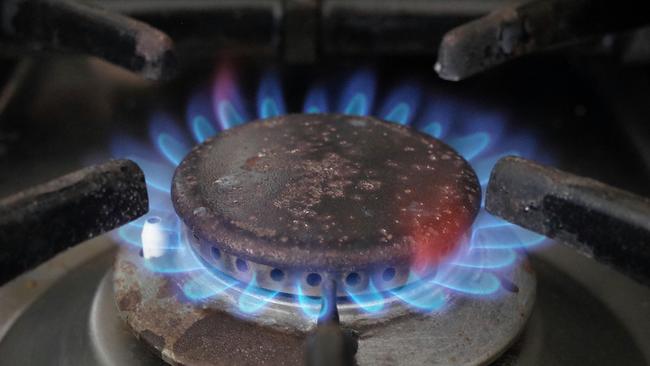
RENEWABLE ENERGY
The National GreenPower Accreditation Program (GreenPower) will be rolling out a number of changes to how it manages renewable energy generators.
In the New Year, a 15-year age limit for GreenPower generators comes into place, alongside a 27-month vintage requirement for Large-scale Generation Certificates (LCGs).
Accreditation dates for generators will also be aligned with the Clean Energy Regulator and all GreenPower providers will have to report purchases by postcode every quarter.
UNI STUDENT FEES
University students enrolled in a Commonwealth supported place (CSP) will pay more for their degrees when the maximum student contribution amount per equivalent full-time study load (EFTSL) increases on January 1.
*Law, administration, accounting, commerce, communications, and society and culture will increase from $15,142 to $16,323 per EFTSL.
*Education, English, maths, statistics, agriculture, nursing or languages will increase from $4124 to $4445.
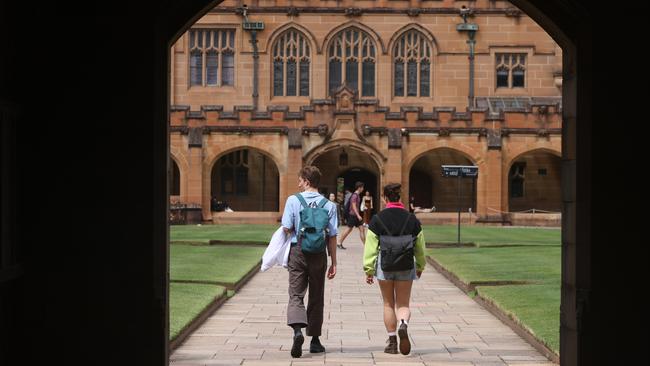
*Health, computing, social work, psychology, visual and performing arts, pathology, engineering and science will increase from $8301 to $8948.
*Medicine, dentistry and veterinary science will jump by $900 from $11,800 to $12,700.
Students who commenced university before January 1, 2021 will not be subject to the fee increase, excluding annual indexation.
ROAD TOLLS
Road tolls will surge again and in NSW, the WestConnex M4 will slug drivers with a maximum $10 toll while trucks will be charged up to $30.
The WestConnex M8 will have a maximum toll of $8.74 for cars and $25.40 for trucks, while cars using the Hills M2 will expect to pay up to $9.56.
The Cross City Tunnel’s Eastbound and Westbound maximum tolls will also rise to $6.85.
NSW motorists, particularly those in western Sydney, will receive some relief when the weekly $60 toll cap starts on January 1. The change means drivers can claim up to $400 a week on tolls, or receive a maximum weekly rebate of $340.
Rideshare, taxis, cars registered with businesses and heavy vehicles will not eligible.
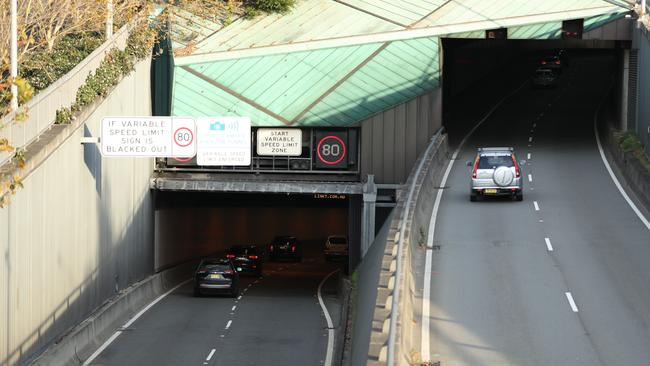
In Victoria, tolls for the full length of Melbourne’s CityLink will increase, with the trip cap up from $11.27 to $11.39 for cars in the New Year.
A trip across the Bolte Bridge from the airport will increase from $9.78 to $9.88.
A Tulla Pass will increase from $7.70 to $7.78, while a daily CityLink pass will cost $21.86 – up from $21.63.
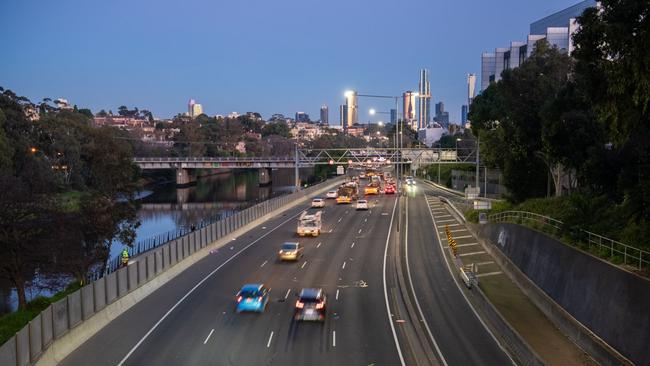
In Queensland, the AirportLinkM7 will have its price increased in line with the All Groups Consumer Price Index Brisbane (CIPB) from January 1.
A journey in a car on the AirportLinkM7 from Brown Hills to Kedron or Toombul will increase from $6.38 to $6.72.
Those travelling from Kedron to Toombul will pay $5.03 up from $4.78.
TRANSPORT FARES
From January 1, public transport fares in Victoria will increase by six per cent. The Myki daily full fare cap will jump from $10 to $10.60, while the concession daily maximum will be set at $5.30.
Weekend fare maximums will also rise to $7.20 and $3.60.
FREE KINDY
Kindergarten is free for Queensland children attending a government-approved kindergarten program from January 1.
FREE PRESCHOOL
Free three-year-old preschool will be available to all Canberra families for 300 hours per year from the start of 2024.
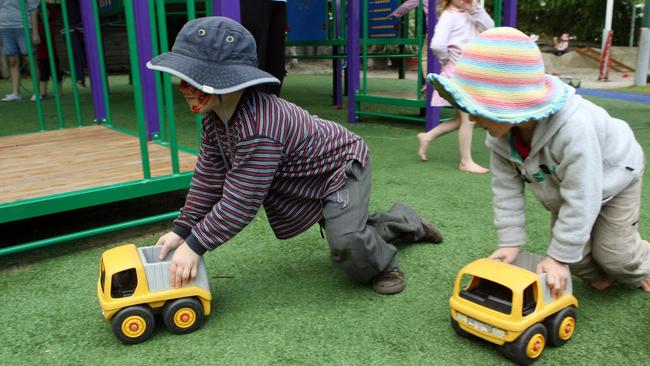
PRESCHOOL FEE RELIEF
On January 1 the Start Strong for Long Day Care (LDC) program commences in New South Wales. Families with children enrolled at an eligible LDC service aged three-years-old on, or before 31 July 2024 will receive up to $500 in fee relief per child.
Meanwhile families with children enrolled in a preschool program at an eligible LDC service aged four-years-old on or before 23 July 2024, will continue to receive fee relief worth up to $2110 per child.
The fee relief will be passed on to families in the form of a weekly fee reduction and will not impact Child Care Subsidy payments provided by the Australian Government.
PROPERTY
VICTORIA
From January 1, the tax-free threshold for general land tax rates will be reduced from $300,000 to $50,000 in Victoria.
A ‘Covid-19 debt temporary surcharge’ will apply in addition to existing land lax:
*a $500 flat fee will apply for taxable landholdings between $50,000 and $100,000
*a fixed fee of $975 will apply to taxable landholdings between $100,000 and $300,000
* for taxable landholdings above $300,000, a $975 fixed surcharge will apply and an increased rate of land tax by 0.10 per cent of the value of the landholdings
*for a trust over $250,000, a flat $975 fee will apply and an increased rate of land tax by 0.10 per cent of the value of the landholdings.
The rate of the Absentee Owner Surcharge will increase from two per cent to four per cent.
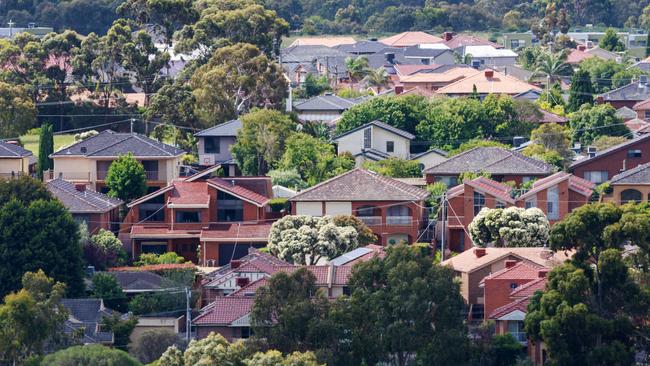
ANTI DOPING CHANGES
The World Anti-Doping Agency (WADA) 2024 List of Prohibited Substances and Methods comes into effect on January 1, with two major changes put in place this Olympic year.
Tramadol, a prescription medicine used for short-term pain relief, will now be banned for all athletes. Plasma donations performed in a registered collection centre or blood donation facility will also no longer be prohibited.
SUPERANNUATION
From January 1, superannuation becomes a right under the National Employment Standards (NES), alongside annual leave, long service leave, and redundancy pay.
The formality give employees the right to pursue unpaid or underpaid superannuation as a workplace entitlement, including through their union or the Fair Work Ombudsman (FWO).

Prior to the change, employers were obligated to pay superannuation contributions under superannuation guarantee laws. However, individuals did not have the legal standing to directly pursue unpaid super unless an entitlement was specifically included in their contact.
ELECTRIC VEHICLES
A stamp duty exemption applied to eligible electric light vehicles (EVs) and motorcycles under 4.5 tonne, registered from September 1 2021 in NSW, will end on January 1.
Individuals and businesses that have purchased or placed a deposit on an eligible EV prior to January 1 will still be eligible to receive the stamp duty exemption, regardless of whether the vehicle has been delivered by the New Year.
More Coverage
Originally published as All the law changes in Australia from January




